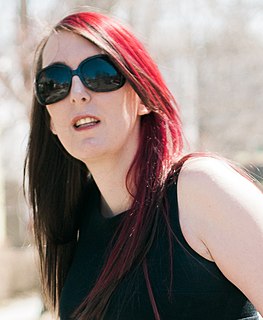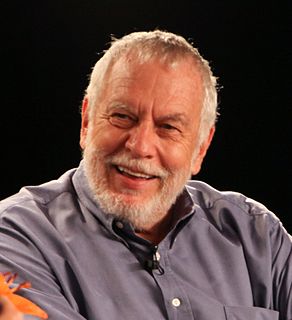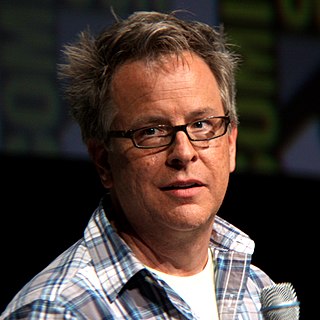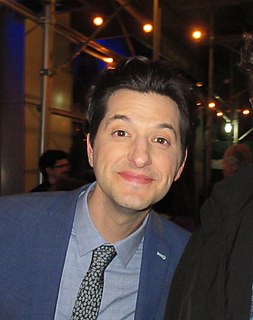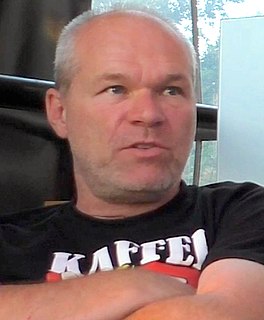A Quote by Brianna Wu
With my company, Giant Spacekat, I was very angry about the lack of games that portrayed women positively in the video game industry, so I launched my own studio, gave a lot of very talented women jobs, and we made some of the most awesome, empowering games in the business.
Related Quotes
Selling five million units in less than 14 months means DS is the fastest among any game machines ever launched in Japan to hit that level. To achieve this rapid growth, we were required not only to go after frequent game players, but to reel back people who had left games and to make video games enjoyable for those who had not played games at all.
I like video games, but they are very violent. I want to create a video game in which you have to help all the characters who have died in the other games. 'Hey, man, what are you playing?' 'Super Busy Hospital. Could you leave me alone? I'm performing surgery! This guy got shot in the head, like, 27 times!'
Look at the genres women like: a romantic comedy game doesn't exist. Few examples of a documentary game exist. What is the equivalent of a real drama game? They don't exist. Emotion with that complexity for a more mature, older audience are necessary to make medium-like video games healthy so it can be highly respected like the film industry.
A lot of the main audience thinks video game-based movies are always horror movies but it's totally not true. In video games you have adventure, sci-fi, horror, action and even comedy. I think that people should accept more that video games are kind of like the best-selling books of the new generation.
